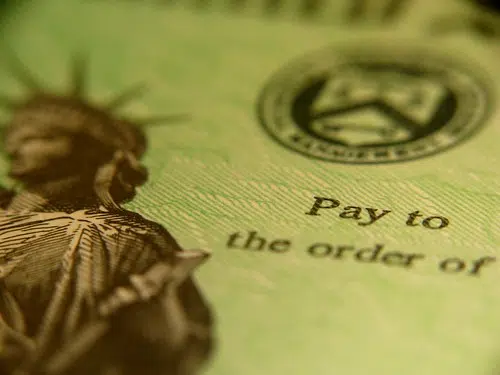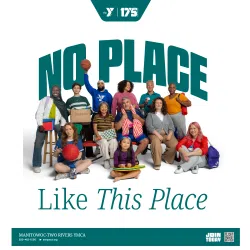The second round of stimulus checks was announced in December by the IRS for most Americans, and for many, the money has already landed in their bank accounts. For others, the wait continues as the distribution of the refunds is still taking place.
The Better Business Bureau warns this is an ideal situation for potential scammers to take advantage of consumers.
Previously, BBB Scam Tracker received numerous reports from people who were contacted through text messages, email, and phone calls about the new COVID-19 stimulus checks, and they believe many of these same tactics may be used again.
Watch out for an email or text messages instructing you to click a link to “request benefit payments.” The link connects to an application prompting the entering of personal information in order to “make sure you are getting all the payments owed to you.” This “application” is really a way to phish for personal details and commit identity theft.
In a phone variation of the con, the scammer pretends to call from a government agency. The con artist insists on being paid immediately, which is never something a government agency would do in that situation.
Learn more about government grant scams in this BBB tip and for more information about scams related to the coronavirus, go to BBB.org/coronavirus.













